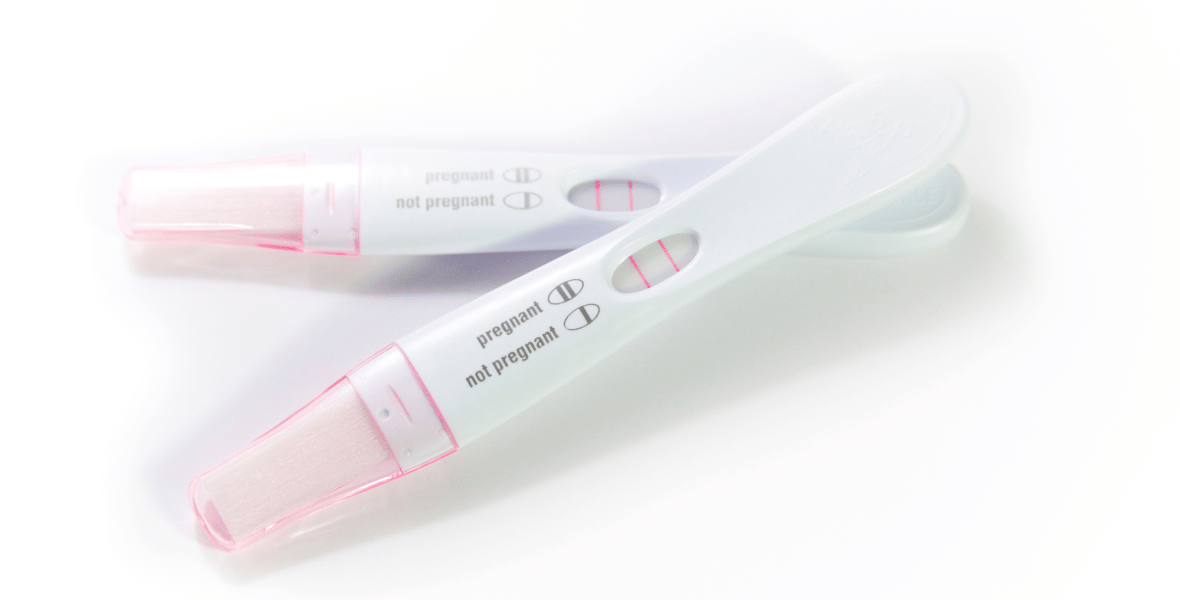
So let’s have a look at STDs, their causes, the effects they can have on your family planning, why it is important you have yourself tested regularly, everyday prevention, as well as possible cures.
What Is An STD?
An STD, short for a sexually transmitted disease, occurs when a bacteria, virus, or a parasite is transmitted from one person to another through genital contact or by having unprotected sex.
Of course, we cannot emphasise this enough: it DOES NOT matter how many times you have had a sex or how many people you have had sex with. It only takes one, meaning if one sexual partner has an STD, there is a chance you may catch it.
Therefore it is absolutely crucial to have yourself tested regularly, before engaging in sex with a new partner, and to practise safe sex always.
Why It Important To Have Yourself Tested Before Trying To Conceive
It is crucial to understand that while some STDs can be treated and cured, others cannot. Therefore, knowing your sexual health status is essential — especially if you plan to start a family.
The reality is, some sexually transmitted diseases can affect both female and male fertility, and others can cause health complications during and after pregnancy. Some can also increase the risk of miscarriages or premature birth from occurring.
Not to mention, certain treatments are not suitable during pregnancy, and certain STD tests are actually prohibited from being conducted during time as well!
What Are The Most Common STDs Making The Rounds?
In 2020, the World Health Organisation estimated a staggering 374 million new STD infections, with the population being affected by 1 of the following 4 STDs: chlamydia (129 million), gonorrhoea (82 million), syphilis (7.1 million) and trichomoniasis (156 million).
In 2016, it was estimated that over 490 million people were living with genital herpes, and approximately 300 million women were infected with human papillomavirus (HPV) globally.
In the UK, chlamydia is the most diagnosed STD, with over 161,000 diagnoses in 2020 alone, followed by genital warts, gonorrhoea, genital herpes, and syphilis.
Which STDs Can Affect Fertility/Pregnancy?
1. Chlamydia
Chlamydia is a bacterium called chlamydia trachomatis, and can be treated with antibiotics. If left untreated, it can lead to:
Female and male infertility, pelvic inflammatory disease, ectopic pregnancy, premature birth or your baby being born with a low birth weight, an eye infection, or a lung infection.
2. Gonorrhoea
Gonorrhoea is a bacterium called neisseria gonorrhoeae, and can be treated with antibiotics. If left untreated, it can lead to:
Female infertility and reduced fertility in men, pelvic inflammatory disease, ectopic pregnancy, miscarriage, premature birth, or your baby being born with a low birth weight, or an eye infection.
3. Genital Herpes
Genital herpes is caused by a virus called the herpes simplex virus, and there is no cure for genital herpes. However, if you are diagnosed with genital herpes before you get pregnant, your healthcare provider can help you manage the condition. If left untreated, it can lead to: Your baby developing neonatal herpes that can result in death.
4. Genital Warts
Genital warts are caused by a virus called human papillomavirus (HPV), and there is no cure for the virus that causes genital warts. However, the genital warts can be removed with creams, cryotherapy or laser. If left untreated, they can:
Grow and multiply during pregnancy, become irritated easily, and although rare, they can even be passed to your baby during birth.
5. Syphilis
Syphilis is a bacterium called treponema pallidum, and early stages can be treated with antibiotics. If left untreated, it can lead to:
Miscarriage, premature birth, stillbirth, or be passed to your baby during pregnancy, known as congenital syphilis.
6. HIV
HIV is caused by a virus called human immunodeficiency virus, and there is no cure for HIV. However, if you are diagnosed with the virus before you get pregnant, your healthcare provider can help you manage the condition and treatment can also prevent you passing HIV to your unborn baby. If left untreated, it can lead to a 1 in 4 chance your baby will become infected with HIV.
Statistics Worth Remembering
- Over 1 million people worldwide contract an STD daily!
- An estimated 500 million individuals aged 15 to 49 have genital herpes.
- Untreated human papillomavirus (HPV) can progress to cervical cancer, which currently causes over 311,000 deaths annually.
- And in 2016, around 1 million pregnant women were estimated to have syphilis, leading to over 350,000 adverse birth outcomes.
If you are sexually active and planning on starting a family, be sure to have yourself tested regularly to ensure you DO NOT become part of these statistics